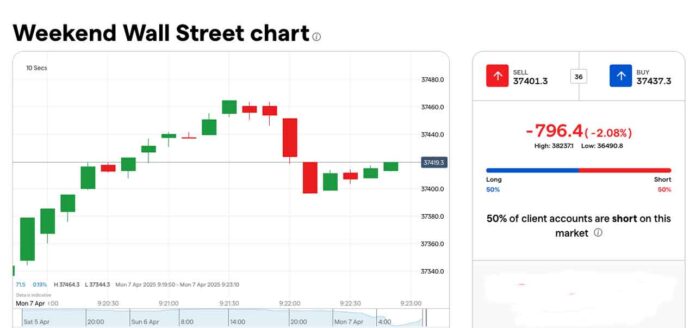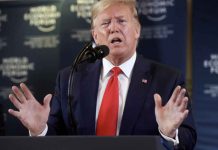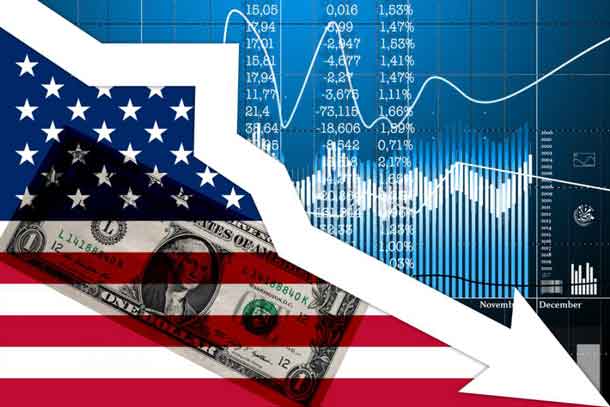THUNDER BAY – The fallout from US President Donald Trumps declaration of in effect a trade war against the world continued over the weekend. Asian stock markets experienced significant volatility in response to the President’s tariff tantrum, and the ensuing global economic concerns.
This turbulence was further influenced by statements from U.S. President Donald Trump, who addressed the market reactions and the rationale behind the tariff measures.
President Trump’s Comments on Market Reactions
On Sunday evening, President Trump addressed the ongoing stock market fluctuations, emphasizing that the recent economic measures were not intended to deliberately cause a market downturn. He stated, “I don’t want anything to go down, but sometimes you have to take medicine to fix something.”
This analogy suggests that, in his view, short-term economic discomfort is necessary to address long-standing trade imbalances.
Trump specifically highlighted the U.S. trade deficit with China as a primary concern, asserting that resolving this issue is paramount and that he is not inclined to make a deal unless this problem is addressed.
Impact on U.S. Stock Futures
The President’s steadfast approach to the tariff strategy has had immediate repercussions on U.S. stock futures. On Sunday evening, Dow Jones Industrial Average futures dropped by 4.1%, indicating a continuation of the market sell-off observed in the preceding days. This decline suggests that investors are bracing for further losses as markets open on Monday.
Asian Markets’ Response
Asian markets have been notably affected by these developments. Japan’s Nikkei 225 index, for instance, experienced a significant drop, with all 225 components trading in the red and the banking sector facing substantial losses. This decline reflects the broader apprehension among investors regarding the potential for a global recession spurred by escalating trade tensions.
Administration’s Stance and Global Reactions
Despite the market turmoil and growing fears of a recession, the Trump administration remains resolute in its tariff plans. Commerce Secretary Howard Lutnick emphasized that the tariffs are set to take effect as scheduled and are aimed at rectifying trade imbalances that have long disadvantaged the U.S. economy. This unwavering stance has elicited varied reactions from international leaders, with some expressing a willingness to negotiate and others voicing strong opposition.
Investor Sentiment and Economic Outlook
The current market dynamics have led to heightened anxiety among investors. Analysts are drawing parallels between the present situation and past financial crises, cautioning that the ongoing sell-off could potentially escalate into a more severe economic downturn if not addressed promptly. The administration’s focus on long-term economic restructuring through tariffs is viewed by some as a risky strategy that may exacerbate market instability in the short term.
Conclusion
The weekend’s developments underscore the intricate interplay between trade policies and global market stability. As the U.S. proceeds with its tariff implementations, the immediate impact on stock markets, particularly in Asia, has been pronounced. The administration’s commitment to addressing trade imbalances through these measures continues to be a focal point of both domestic and international discourse, with significant implications for the global economic landscape.








